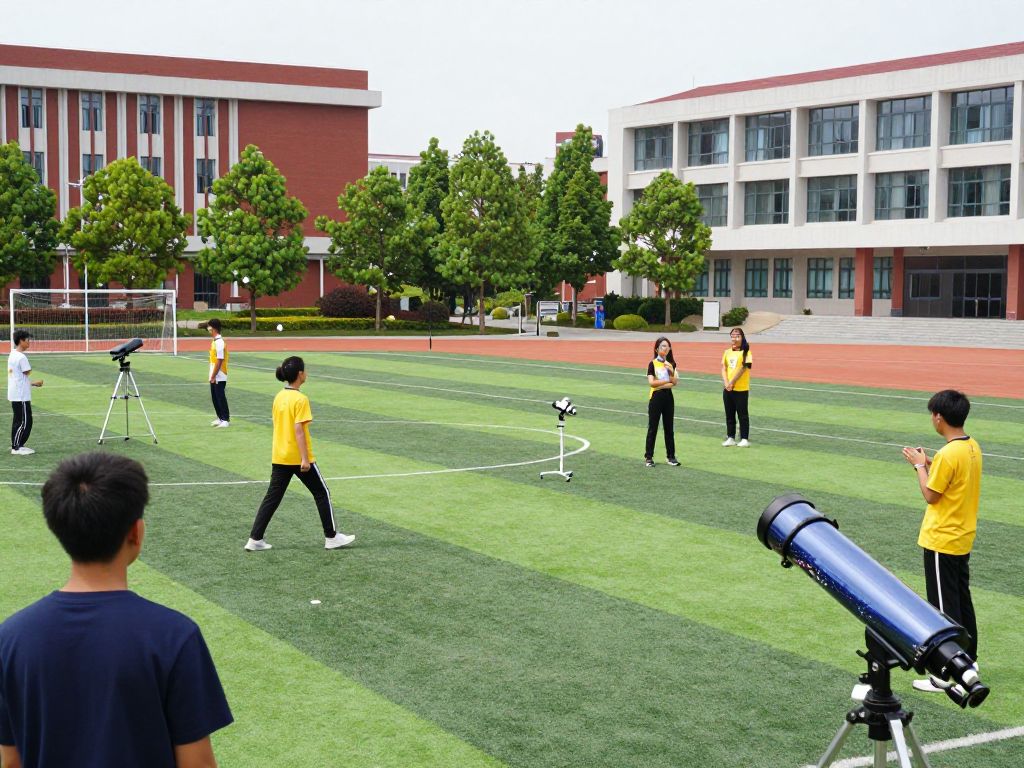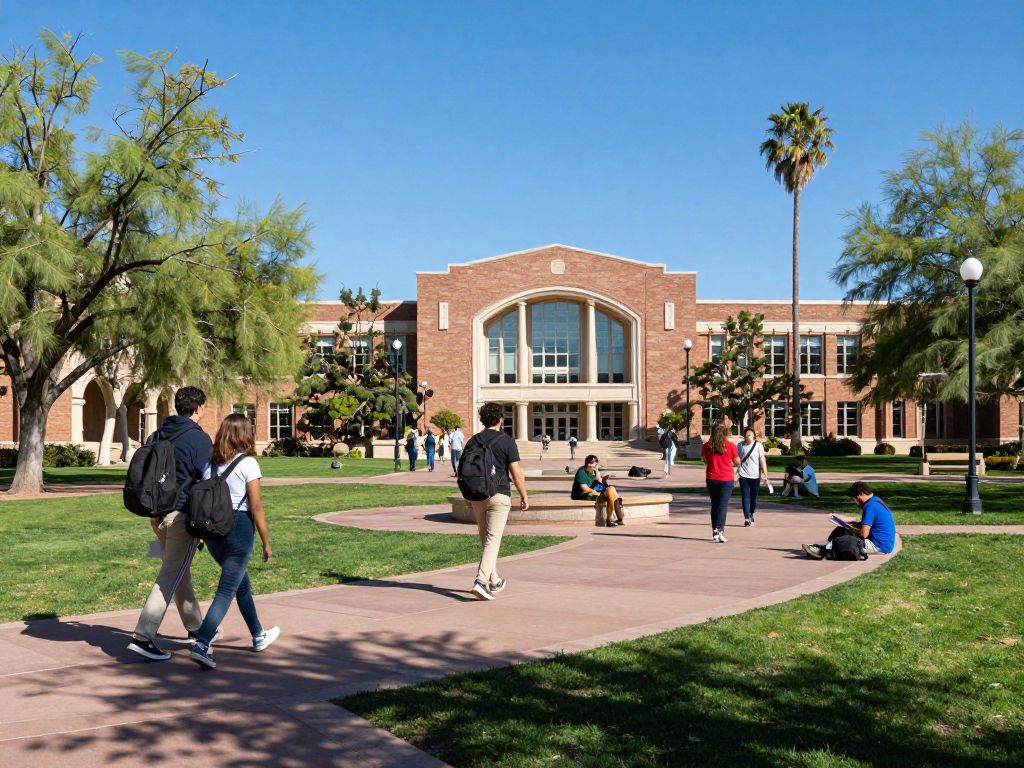News Summary
Governor Katie Hobbs has vetoed House Bill 2867, the ‘Antisemitism in Education Act,’ citing concerns that it focuses on punishing educators rather than effectively addressing antisemitism. Proponents argue that the bill was necessary for protecting students, while critics feared it could stifle educational discussions on the issue. The veto reflects the complexities surrounding antisemitism in education as incidents rise nationally. Supporters of the veto believe that existing channels to report antisemitism provide a better solution.
Phoenix, Arizona – Governor Katie Hobbs has vetoed House Bill 2867, also known as the “Antisemitism in Education Act,” which sought to prohibit the teaching of antisemitism in public K-12 schools and universities throughout the state. The bill would have held educators personally liable for any alleged violations, putting them at risk of lawsuits. Hobbs expressed concern that the legislation focused more on punishing teachers rather than effectively addressing the issue of antisemitism.
The veto has generated varied reactions among lawmakers and community members. Proponents of the bill, including several Republicans and Arizona Superintendent of Public Instruction Tom Horne, believe the veto represents a “terrible error in judgment.” They argued that the legislation was necessary to protect students from antisemitic teachings in the educational system. Horne pointed to prior incidents of antisemitism, including a reported case at Desert Mountain High School, as evidence of a pressing need for such measures.
Supporters of the veto echoed worries about the bill’s vague language, which many believed could lead to unintended consequences that may harm educational discourse. Critics specifically noted that the bill could stifle discussions regarding the oppression of Palestinians and potentially undermine comprehensive Holocaust education. Furthermore, the proposed legislation sought to implement the International Holocaust Remembrance Alliance (IHRA) definition of antisemitism, which many supporters viewed as essential.
In her veto message, Hobbs acknowledged the reality of antisemitism, stating that it is indeed a problem that needs addressing. However, she emphasized that the mechanism proposed by the bill to combat antisemitism was flawed. The act included provisions allowing students aged 18 and their parents to file lawsuits regarding hostile educational environments. Penalties for educators who violated the proposed law ranged from reprimands to the termination of their teaching credentials, raising further concerns about the potential chilling effect on educational discussions.
The Tucson Jewish Museum & Holocaust Center, led by executive director Lori Shepherd, had urged Hobbs to veto the bill, raising concerns that it could hinder the education of future generations about the Holocaust. The veto decision also aligns with broader national discussions surrounding antisemitism and educational freedom, which have become increasingly pertinent as prejudiced incidents continue to rise.
The Anti-Defamation League reported a record high of antisemitic incidents across the United States in 2024, further underscoring the need for effective measures to combat such discrimination. Despite the veto, Hobbs highlighted existing avenues for students and parents to report antisemitism through the State Board of Education, indicating that resources are available to address these concerns outside the confines of the proposed bill.
The legislation previously garnered support from some Democratic legislators, passing the Arizona Legislature with a vote of 33-20. However, the mixed reactions following the veto illustrate the complex nature of approaching antisemitism in education. With the debate ongoing, it remains clear that discussions surrounding how best to educate young people about antisemitism, its manifestations, and the accompanying history will continue to evolve.
As the situation develops, both supporters and opponents of the veto will undoubtedly persist in their advocacy efforts, illustrating the significant and often polarized viewpoints on how to best tackle antisemitism in educational settings within Arizona and beyond.
Deeper Dive: News & Info About This Topic
HERE Resources
Arizona Governor Vetoes Antisemitism Teaching Ban
Phoenix Teacher Awarded for Excellence in Education
Groundbreaking for Holocaust Education Center in Phoenix
Arizona Legislature Passes Controversial Antisemitism Bill
Arizona Attorney General Secures Victory Against Workplace Discrimination
Additional Resources
- Arizona Central
- CBS News
- Jewish News AZ
- Wikipedia: Antisemitism
- Encyclopedia Britannica: Antisemitism
Author: STAFF HERE PHOENIX WRITER
The PHOENIX STAFF WRITER represents the experienced team at HEREPhoenix.com, your go-to source for actionable local news and information in Phoenix, Maricopa County, and beyond. Specializing in "news you can use," we cover essential topics like product reviews for personal and business needs, local business directories, politics, real estate trends, neighborhood insights, and state news affecting the area—with deep expertise drawn from years of dedicated reporting and strong community input, including local press releases and business updates. We deliver top reporting on high-value events such as the Waste Management Phoenix Open, Cactus League Spring Training, and Arizona State Fair. Our coverage extends to key organizations like the Greater Phoenix Chamber of Commerce and Visit Phoenix, plus leading businesses in technology and healthcare that power the local economy such as Intel and Banner Health. As part of the broader HERE network, including HERETucson.com, we provide comprehensive, credible insights into Arizona's dynamic landscape.





